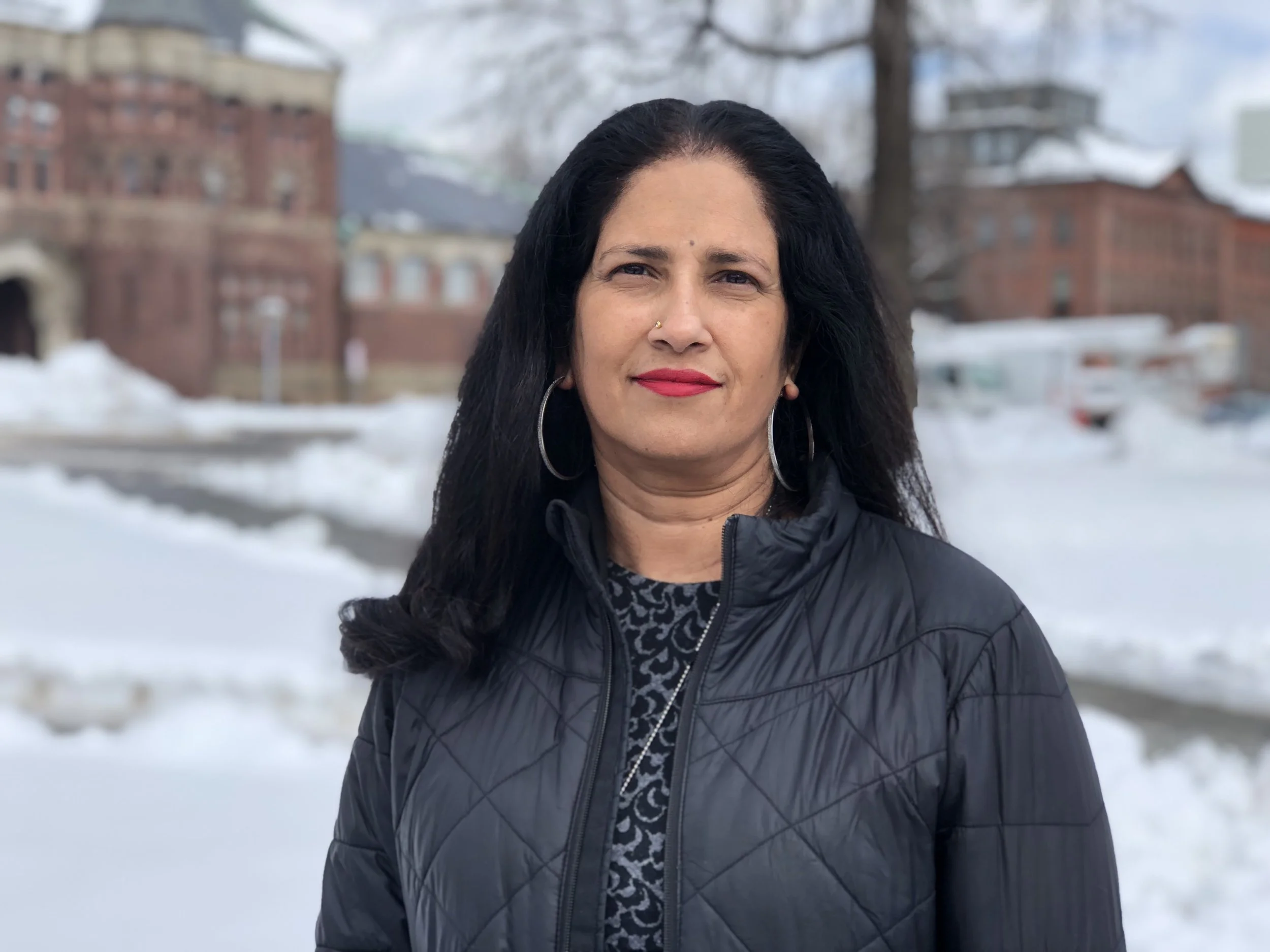Parents as Teachers: Another Way Funders Seek to Bolster Early Childhood Learning
/pixelheadphoto digitalskillet/shutterstock
As the importance of the first five years of a child’s life for long-term success becomes increasingly apparent, funders are working out how to reach kids before they start school. A case in point is a new gift from the Ballmer Group that seeks to prepare kids by making sure parents have all the resources and knowledge they need to set their child up for success.
The Ballmer Group, the philanthropic outfit backed by Steve and Connie Ballmer, recently pledged $2.55 million to the St. Louis-based nonprofit Parents as Teachers. The organization works directly with parents through home visits, child screenings and coaching to help families understand child development. Parents as Teachers plans to use the funds to hire more staff and build up capacity to better serve its 1,300 partner organizations.
Growing research shows that a child’s early years are crucial when it comes to her chances for long-term success. Disparities in vocabulary tied to parents’ income and education levels are evident in children as young as 18 months. That means even before kids from low-income families start school, they’ve often fallen behind. Once behind, it’s hard to catch up. Whether or not a child can read at grade level in third grade can predict how likely she is to graduate from high school.
All this suggests that when it comes to education, earlier investments pay bigger dividends. It’s a key reason that there’s such enthusiasm from funders for early childhood education. Given Ballmer’s mission to promote economic mobility for kids and families, early childhood learning seems like a natural fit for the funder.
Related: A Rising Force: Where Is the Ballmer Group’s Grant Money Starting to Flow?
A lot of philanthropic dollars go to ensuring kids don’t fall behind in the first years of school, but increasingly, funders are looking for ways to reach children before they matriculate.
Parents as Teachers and the organization’s methods provide an example of the several ways funders are trying to solve this conundrum. The organization prepares parents by reaching out to them directly. Interventions like parental coaching and home visits are considered to be more “high touch” than other methods for engaging parents.
There’s a lot of evidence supporting the effectiveness of high-touch interventions, particularly home visits. The downside is that they tend to be expensive. Philanthropy isn’t the only backer of home visits. There’s also federal and state funding available for the work.
Other foundations are backing more indirect interventions aimed at reaching parents. Back in 2014, the Oakland-based Kenneth Rainin Foundation led Talk Read Sing, a public awareness campaign to make more parents aware of the importance of those three activities with infants and toddlers.
The Clinton Foundation’s Too Small to Fail initiative takes a similar approach. The initiative partners with trusted messengers like pediatricians, church leaders, community-based organizations and even entertainment industry executives to deliver information about what parents should do at home to make sure kids will be ready by the time they reach school.
This type of intervention can look really different depending on the messenger. It can be as simple as a handout at a doctor’s office or an instructive storyline written into a popular show like Jane the Virgin or Orange Is the New Black.
Another intervention funders are experimenting with involves creating literacy-rich environments for kids and their parents. For Too Small to Fail, that means partnering with laundromats to make sure they have children’s books on hand for parents to read while they wait. It could also mean incorporating reading into playgrounds. The William Penn Foundation is doing similar work in Philadelphia.
Still other foundations are working to make sure that childcare centers are high quality. About 6 million infants and toddlers under age three are in childcare. The majority "are in low or mediocre quality care settings that can be detrimental to their development," according to the advocacy group ZERO TO THREE.
The childcare sector itself is in a tough spot. Overhead is high. Despite the high cost of enrollment for families, pay for workers is low. Government subsidies can help low-income families pay for childcare, but if they’re surrounded by low-quality care or childcare is scarce, it doesn’t do them much good.
There’s been criticism that philanthropy has neglected childcare when it comes to their early childhood development work, but that’s starting to change. The W.K. Kellogg Foundation is a longtime backer of this work. The Reinvestment Fund, a financial institution with a public purpose, is partnering with local foundations in Philadelphia, Atlanta, Washington, D.C. and New Jersey to raise the quality of existing childcare facilities and help high quality centers expand. A constellation of foundations in Minnesota is also targeting this work. In rural parts of the state, the childcare shortage has reached a crisis point for many families.
Related:







































